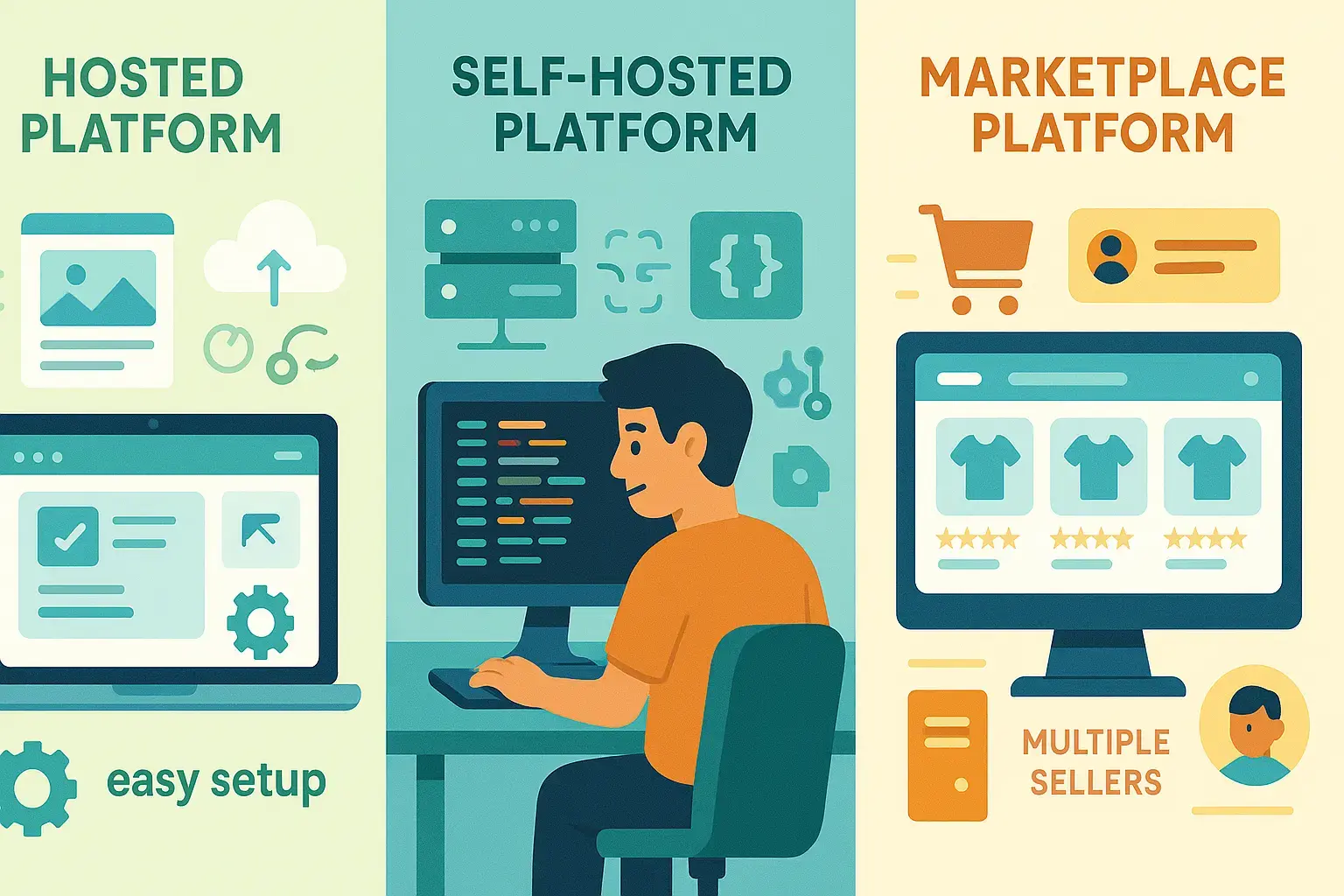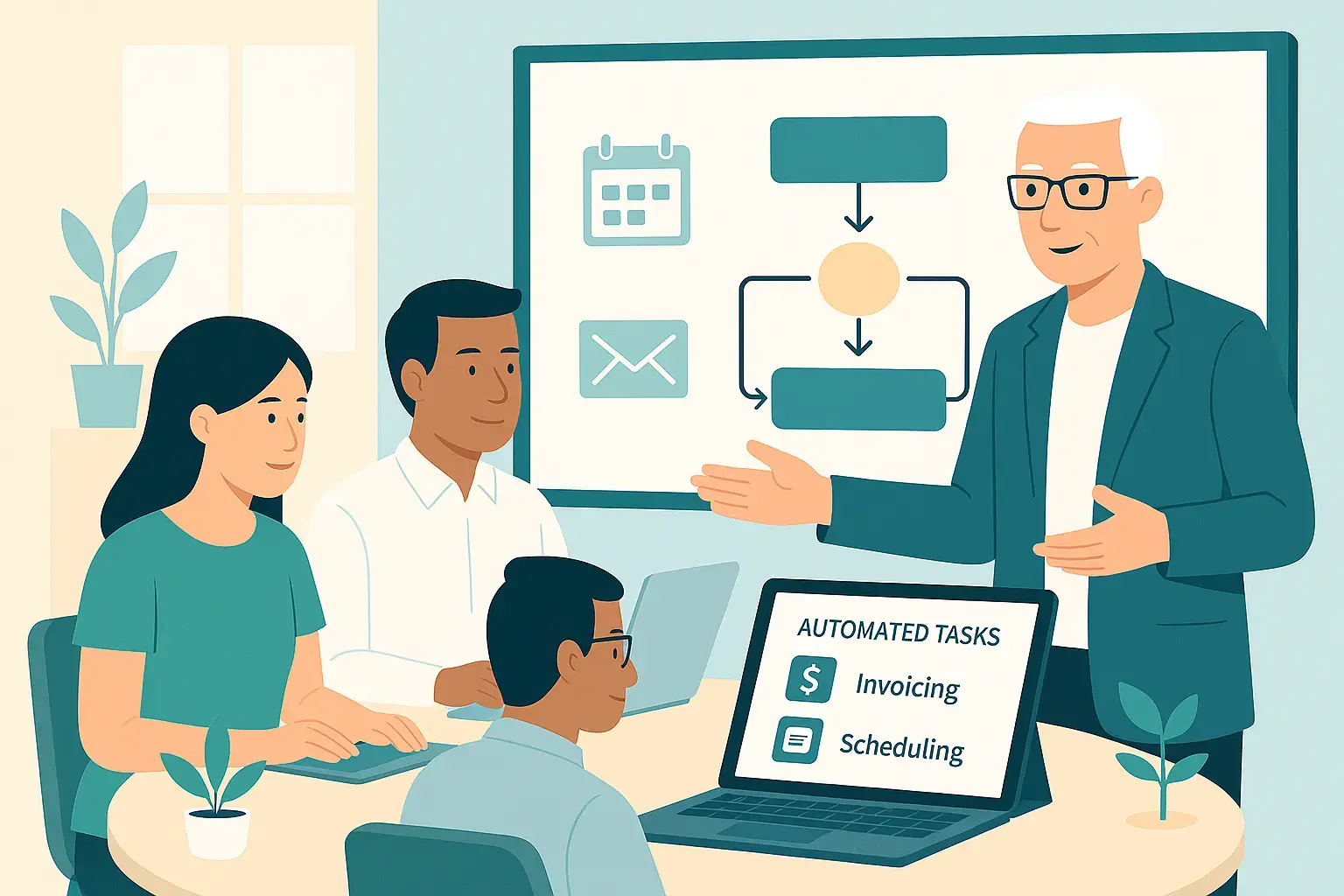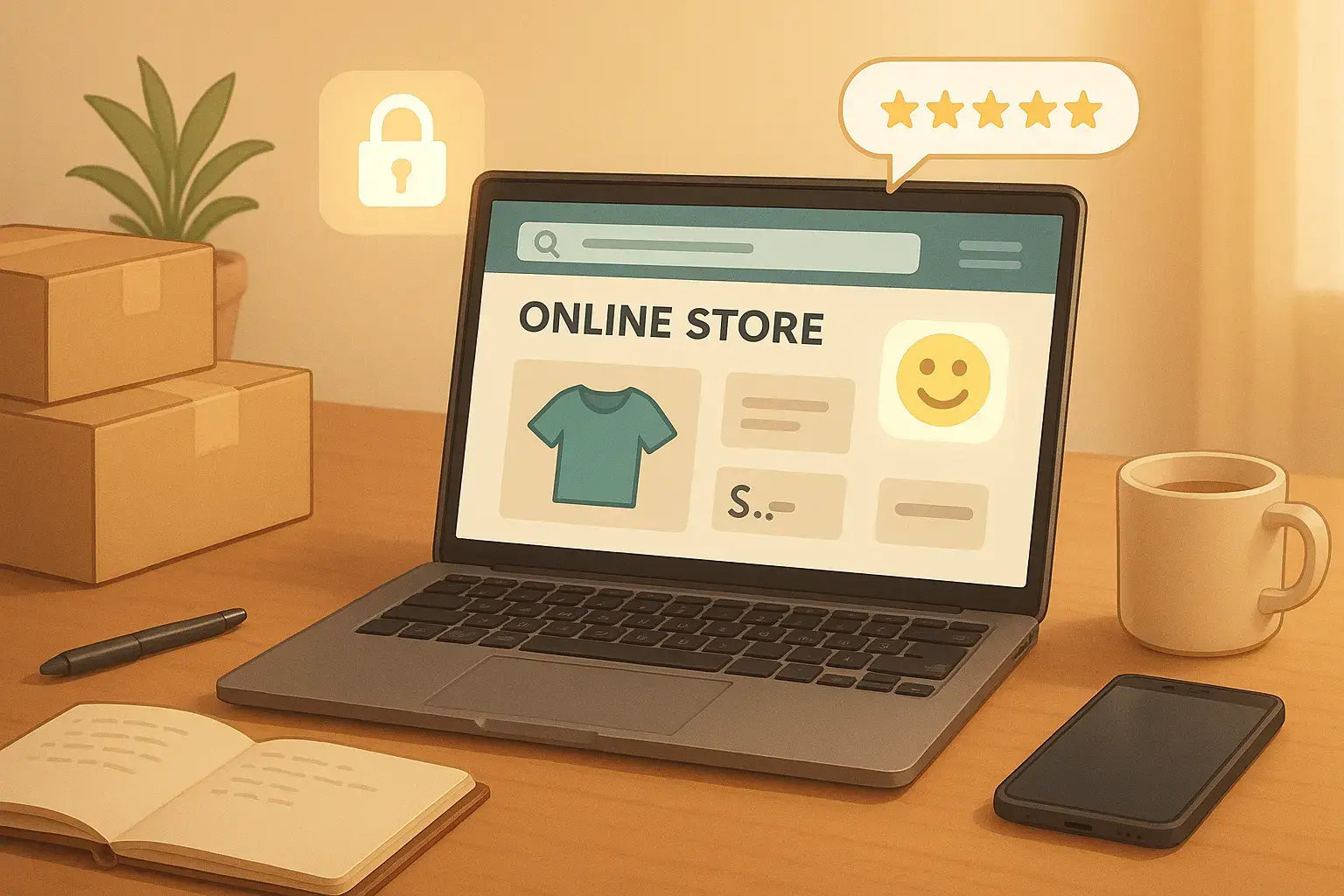Beginner’s Overview of E-commerce Platform Basics
If you are unfamiliar to online business or simply interested about how online stores work, you have most likely heard the term "e-commerce platform" a lot. Do not be concerned if it sounds a little technical at first. In this blog, I will provide a basic explanation of what an e-commerce platform is, as well as its functions, importance, and forms.
What Is an E-commerce Platform?
An e-commerce platform is a type of software or application that allows you to create and operate your own online store. It helps you with online sales of goods and services. Everything, from website design to product listings, payments, shipping, and customer service, can be handled in a one area.
In simple terms, it's similar to running an online store. Instead of building a physical store, you open a digital one, and the e-commerce platform provides all of the features that you require to run it.
Why Do You Need an E-commerce Platform?
If you want to start selling online, you'll need a place where customers can view your products, place orders, and pay securely. You can get there and manage your business more effectively with the help of an e-commerce platform.
Here are a few reasons why an e-commerce platform is important:
- Easy to set up: You don’t need to know coding or be a tech expert.
- Saves time: You can manage your orders, inventory, and customers all in one spot.
- Payment options: You can receive payments online using a variety of methods such as credit cards, bank transfers, or digital wallets.
- Scalability: Your platform may expand along with your business.
Types of E-commerce Platforms
There are many e-commerce platforms available, but they are usually divided into three main types:
1. Hosted Platforms (Software as a Service - SaaS)
These platforms are ready-made and hosted by the company that provides them. You pay a monthly fee, and they take care of everything like updates, security, and hosting.
Examples: Shopify, Wix, BigCommerce
Pros:
- Easy to use
- No technical knowledge needed
- Fast to launch
Cons:
- Limited customization
- Monthly fees
2. Self-Hosted Platforms (Open Source)
You download the software and place it on your own server. You have more control and may customize the platform anyway you want, but it needs more technical expertise.
Examples: WooCommerce (with WordPress), Magento, OpenCart
Pros:
- Full control
- Highly customizable
Cons:
- Requires technical knowledge
- You manage security and updates yourself
3. Marketplace Platforms
These are not your own stores, but websites where you can sell your products along with other sellers.
Examples: Amazon, eBay, Etsy
Pros:
- Huge customer base
- Easy to start selling
Cons:
- High competition
- Less control over your branding
- Features to Look For in an E-commerce Platform
When choosing an e-commerce platform, here are some important features to consider:
- Mobile-friendly design: Most people shop from their phones.
- Payment gateway integration: Supports easy and secure payment options.
- Inventory management: Helps you keep track of your stock.
- Shipping and delivery options: Supports local and international delivery.
- SEO tools: Helps your store appear in search engine results.
- Customer support: In case you face any issues.
Final Thought
Starting an internet business is now easier than ever before, thanks to e-commerce platforms. You don't have to be a tech whiz or spend a lot of money to open your store. All you need is a product, a little strategy, and the appropriate platform.
An e-commerce platform can help you reach clients all over the world, whether you're selling clothes, handcrafted crafts, digital products, or services.
I hope this basic guide has helped you understand what an e-commerce platform is and how it works. If you want to establish your own internet business, take your time researching several platforms and deciding which platform best suits your needs.







